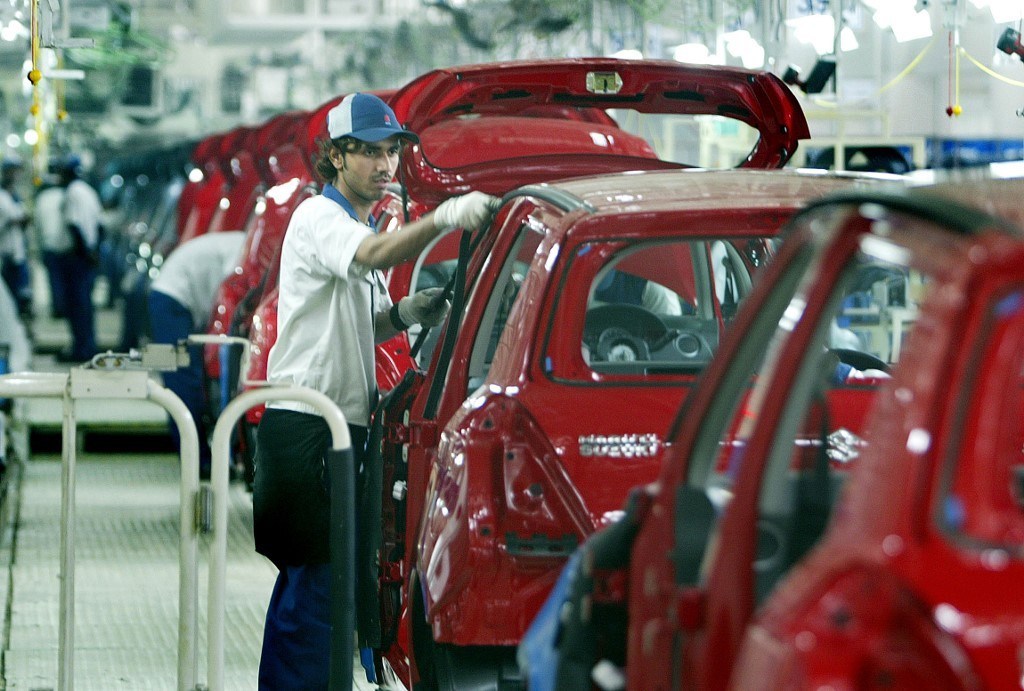[ad_1]
India’s largest carmaker Maruti Suzuki is planning to increase prices for the second time this calendar year to offset the impact of high input costs.
In a regulatory filing, the carmaker said the price hike would be across its model range and come into effect next month. The company said the cost of vehicles has been impacted due to an increase in input costs.
“Hence, it has become imperative for the company to pass on some impact of the above additional cost to customers through a price increase in April 2021,†it added.
Maruti Suzuki, however, did not share details about the size of the price hike. On January 18 this year, the automaker announced a hike in prices of select models by up to 34,000 rupees (US$470) due to a rise in input costs.
In January, other carmakers including Hyundai, Tata Motors, Kia Motors and MG Motor India also raised prices, citing higher input costs due to disruptions in the supply chain caused by lockdowns to curb the spread of the Covid-19 pandemic.
Now it remains to be seen whether these companies will follow Maruti Suzuki and go for a second round of price hikes.
However, the price hike is yet to impact passenger vehicle sales, which have been rising for the past seven months. In February, passenger vehicle sales rose 23% over the same period last year and about 308,000 cars and sports utility vehicles were dispatched from factories to showrooms. Market experts say this was because people were still wary of using public transport amid Covid-19 fears.
Many parts of the country are now witnessing a second wave of infections and in some cities Covid-19 active cases are now close to September levels, when it was at its peak. So far the virus has claimed about 159,967 lives.
Vehicle-owning costs have risen considerably this year for Indian consumers. Apart from rising vehicle costs, fuel prices have also risen considerably due to a hardening of global crude prices and heavy taxation.
The excise duty levied by the federal government and the value-added tax charged by the state governments now accounts for about two-thirds of gasoline and diesel retail prices.
Though there is a growing demand to lower taxes, as high fuel prices have an inflationary impact, the federal and state governments are reluctant to agree. They are using revenue gains on retail fuel to boost spending to counter the Covid-19 induced slowdown.
Their usual sources of revenue from the goods and services tax, the corporate tax and income tax have fallen due to the near-total closure of business activities during the lockdowns.
[ad_2]
Source link













